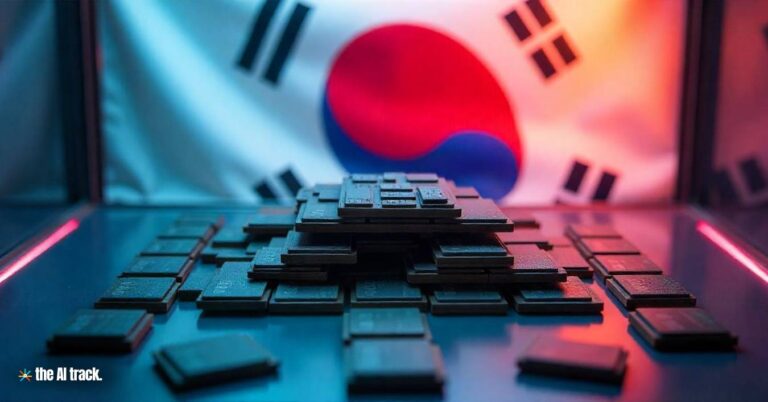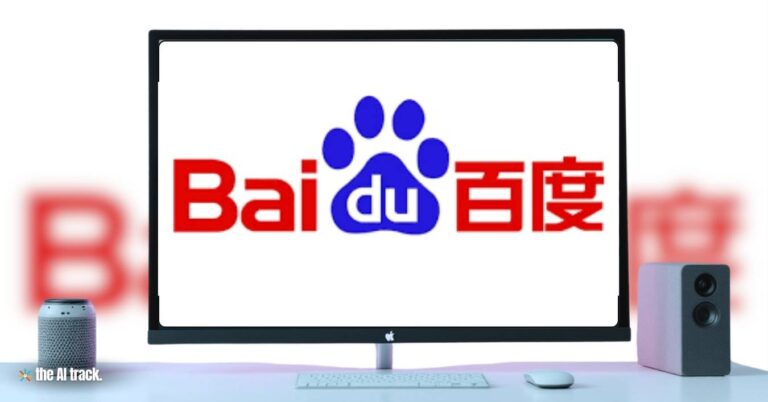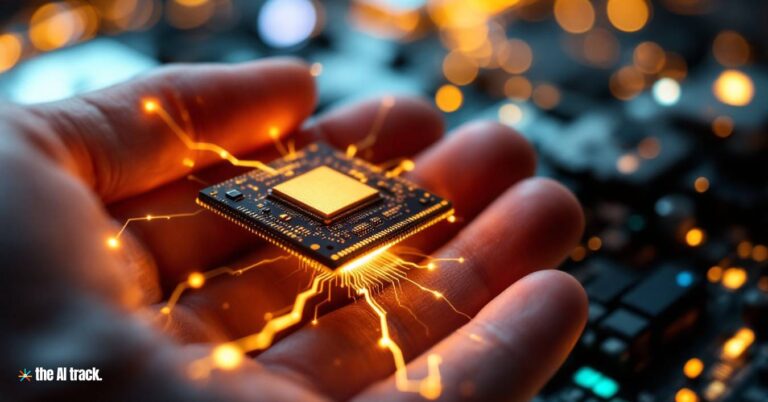South Korea plans to secure 10,000 high-performance GPUs to establish a national AI computing centre, positioning itself as a key player in the global AI race. This initiative reflects a broader trend of nations investing heavily in AI infrastructure to secure competitive advantages.

South Korea aims to secure the 10.000 GPUs – Key Points
- Government Initiative:
- South Korea’s acting President Choi Sang-mok announced the plan on Monday, emphasizing the shift from corporate to national-level competition in AI innovation.
- The government aims to secure the GPUs through public-private cooperation, with details on budget, GPU models, and participating companies to be finalized.
- The initiative is part of a broader effort to accelerate the launch of the country’s national AI computing centre, which has been in planning since summer 2023.
- Global Context:
- The U.S. recently imposed export restrictions on advanced AI chips, dividing countries into tiers. South Korea is among 18 exempted nations, while others like China and Russia face complete bans.
- The initiative seeks to ensure South Korea’s access to critical AI infrastructure amid tightening global regulations.
- GPU Market Dynamics:
- Nvidia dominates the global GPU market with an 80% share, driven by demand for generative AI and accelerated computing.
- Competitors like Intel and AMD lag behind, while OpenAI is developing its in-house AI chips to reduce reliance on Nvidia.
- AI Industry Trends:
- OpenAI is finalizing the design of its first in-house chip, set for fabrication at Taiwan Semiconductor Manufacturing Co (TSMC).
- Chinese startup DeepSeek is innovating with AI models that optimize computational efficiency, potentially narrowing the gap between Chinese and U.S. AI processors.
- Strategic Importance:
- The number of GPUs required for AI development depends on factors like data volume, model size, and training time.
- South Korea’s move underscores the growing importance of AI infrastructure in national competitiveness.
- Global AI Investments:
- The U.S. is leading with initiatives like Project Stargate, a $500 billion AI infrastructure project spearheaded by OpenAI and SoftBank.
- France recently announced $110 billion in private AI investments, while the European Union plans to invest $200 billion in AI infrastructure.
- The U.K. is fostering an AI-friendly environment, with Prime Minister Keir Starmer aiming to “mainline AI into the veins of this enterprising nation.”
- Geopolitical Tensions:
- The U.S. has imposed export restrictions on AI chips and materials, creating a tense environment for global AI development.
- South Korea’s exemption from these restrictions allows it to strengthen its position in the AI race.
Why This Matters
- National Competitiveness: Securing 10,000 GPUs positions South Korea as a leader in AI innovation, reducing reliance on foreign technology.
- Global AI Race: The initiative reflects the intensifying competition among nations to dominate AI development and infrastructure.
- Economic Impact: Access to advanced GPUs could boost South Korea’s tech sector, fostering innovation and economic growth.
- Geopolitical Implications: The U.S. export restrictions highlight the strategic importance of AI chips, with South Korea leveraging its exempt status to strengthen its position.
- Historical Parallels: The current AI revolution mirrors the Industrial Revolution, with governments playing a proactive role in shaping technological advancements.
Explore the U.S. government’s strategic push in semiconductor manufacturing, featuring TSMC’s and Samsung’s major investments and technological leaps.
Read a comprehensive monthly roundup of the latest AI news!






